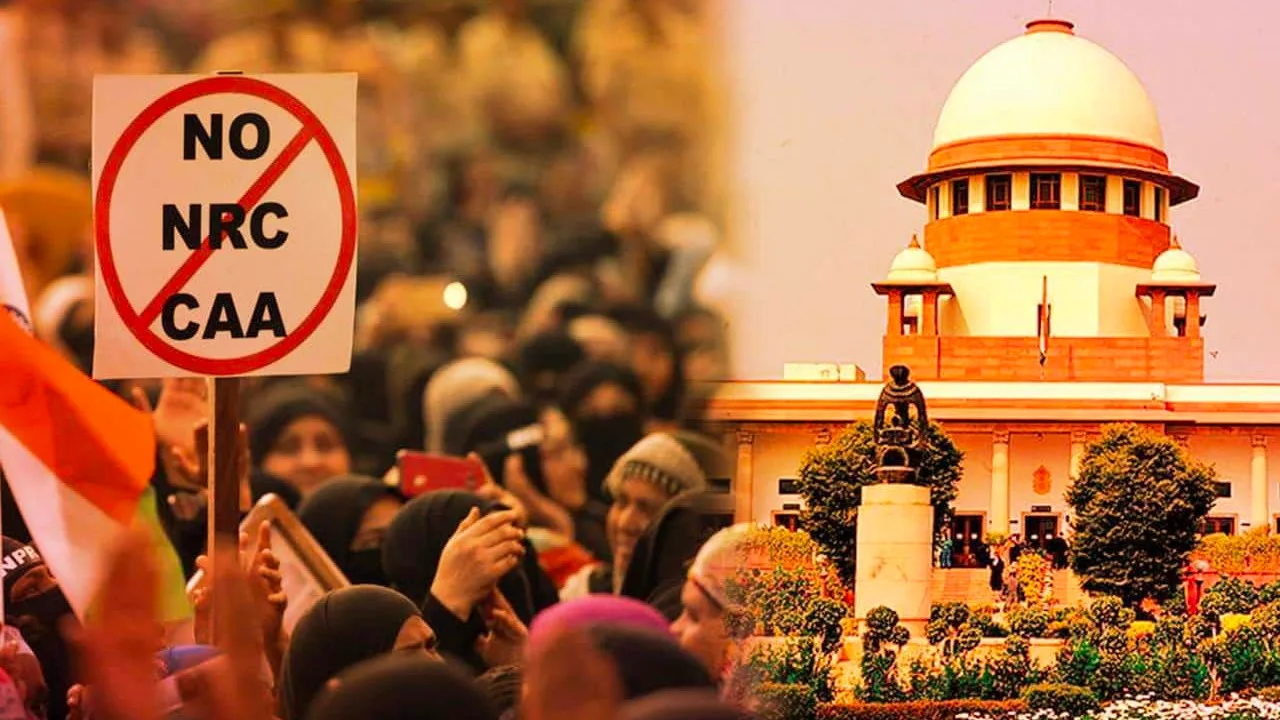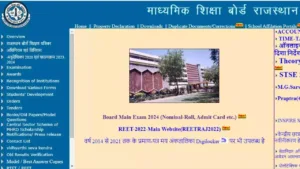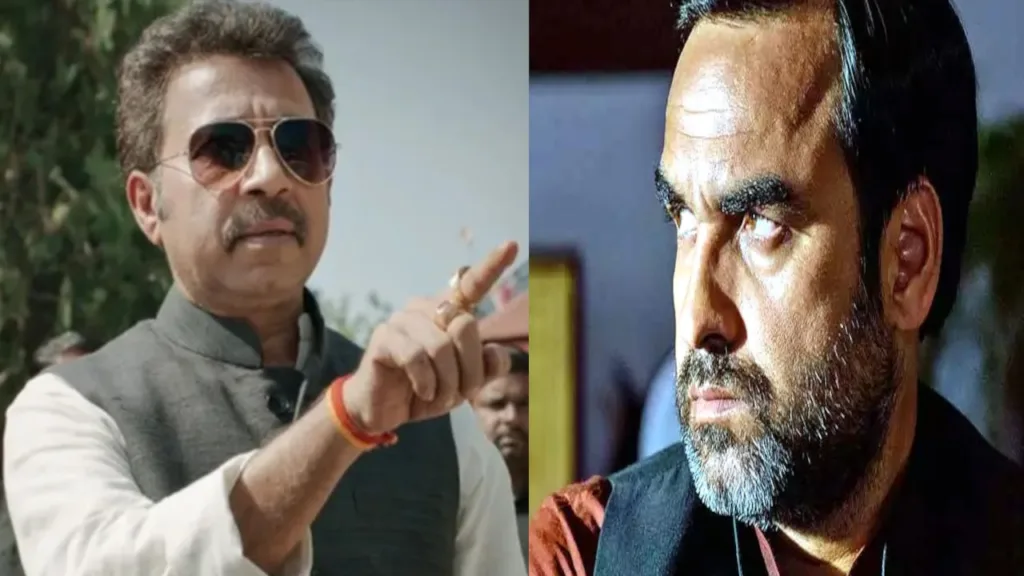CAA Rules : Explore the contentious implementation of the Citizenship (Amendment) Act (CAA)-2019 in India, its impact on Muslim communities, and the ongoing legal battle in the Supreme Court. Discover the government’s stance, opposition concerns, and the process of granting Indian citizenship to non-Muslim immigrants under CAA rules.
The Citizenship (Amendment) Act (CAA)-2019, enacted in December 2019, has sparked significant controversy across India. This law grants Indian citizenship to non-Muslim immigrants from Pakistan, Bangladesh, and Afghanistan who arrived before December 31, 2014. However, its implementation has faced fierce opposition, with Muslim organizations challenging its constitutionality in the Supreme Court. Let’s delve deeper into this contentious issue, examining the perspectives of both supporters and critics.
The Supreme Court Challenge: Following the implementation of CAA, Muslim organizations, including the Indian Union Muslim League (IUML) and the Democratic Youth Federation of India (DYFI), swiftly moved to challenge it in the Supreme Court. They argue that the law discriminates against Muslims, violating the principles of equality enshrined in the Indian Constitution. IUML’s petition seeks to declare CAA unconstitutional and demands a stay on its implementation during the legal proceedings.
The Government’s Perspective: On the other hand, the government, led by Prime Minister Narendra Modi, asserts that CAA aims to provide refuge to persecuted minorities from neighboring countries. Union Home Minister Amit Shah has been a staunch advocate, emphasizing that CAA is a law of the land and will be implemented despite protests and legal challenges.
Controversy and Opposition: The implementation of CAA has stirred widespread opposition, particularly from political parties and activists who question the timing of its announcement before the Lok Sabha elections in 2024. Critics argue that the law is a veiled attempt to marginalize Muslim communities and undermine India’s secular fabric. Despite assurances from the government, concerns persist regarding its potential impact on religious harmony and citizenship rights.
The Process of Granting Indian Citizenship: Under the CAA rules, eligible non-Muslim immigrants can apply for Indian citizenship through an online portal established by the Home Ministry. This process aims to provide a streamlined mechanism for granting citizenship to individuals fleeing religious persecution in their home countries. However, the implementation of these rules has been met with skepticism and resistance from opposition parties and civil society groups.
Conclusion: The Citizenship (Amendment) Act (CAA)-2019 continues to be a contentious issue in India, with conflicting perspectives shaping the ongoing debate. While the government emphasizes its humanitarian intent, critics highlight concerns about its discriminatory nature and potential consequences for religious minorities. As the legal battle unfolds in the Supreme Court, the future of CAA remains uncertain, underscoring the complex interplay between law, politics, and social justice in India.














